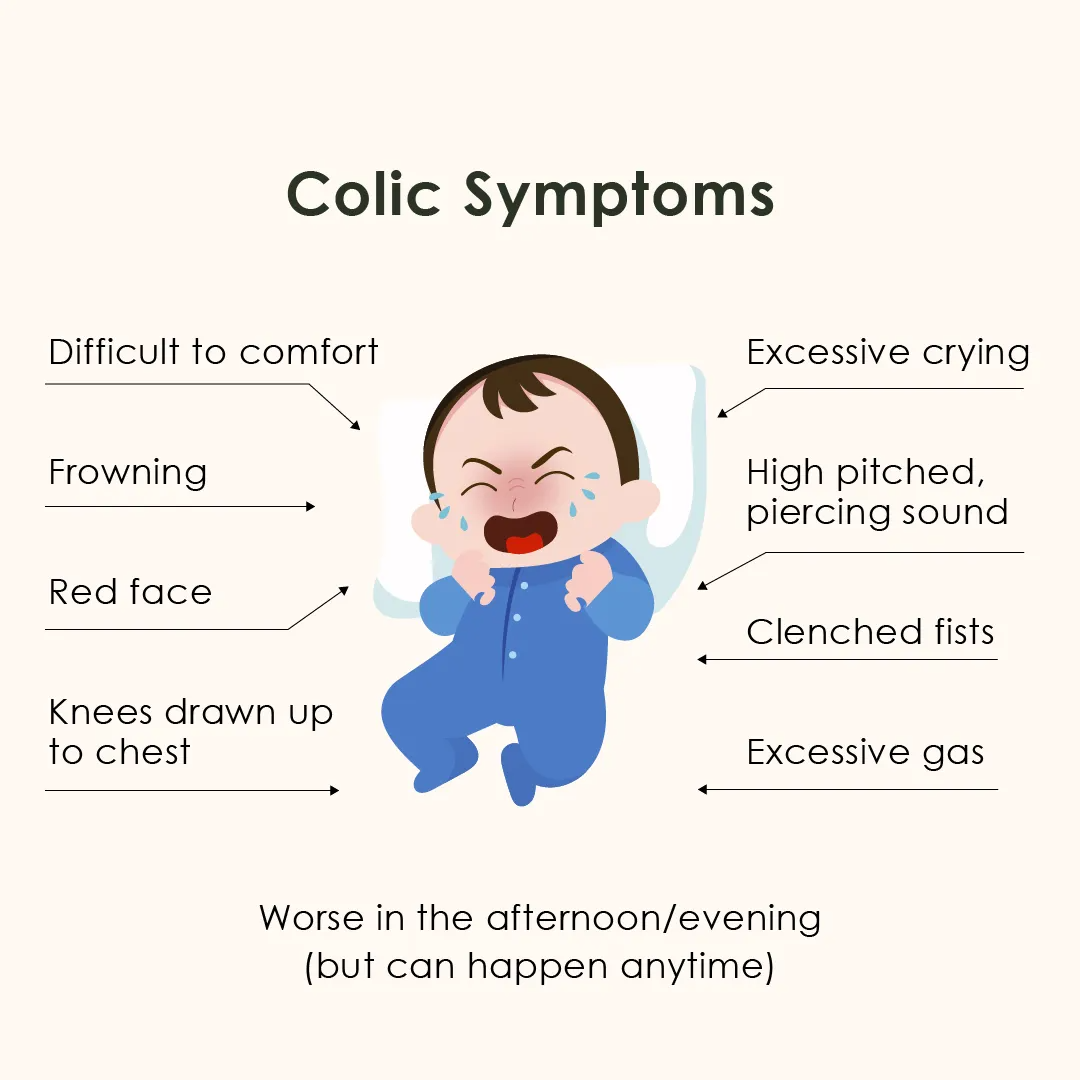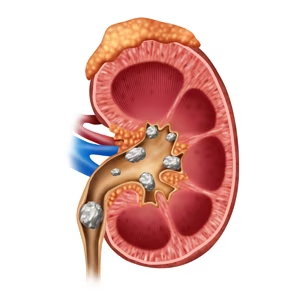As new parents, it’s common to feel concerned when your baby cries. But when does normal infant fussiness cross over into the realm of colic? Understanding and identifying colic symptoms is essential for parents. This guide provides insights into recognizing colic, a condition that affects many infants in their first few months.
What Is Colic?
Colic is characterized by prolonged periods of intense, inconsolable crying in an otherwise healthy and well-fed baby. It’s a common condition, affecting around 20-25% of babies. While the exact cause of colic remains unknown, it’s thought to be related to digestive discomfort or overstimulation.
Key Symptoms of Colic
- Intense Crying: Colic crying is often described as intense or high-pitched, unlike your baby’s normal crying. It may seem like your baby is in pain.
- Predictable Timing: Colicky babies typically have episodes of intense crying around the same time each day, often in the late afternoon or evening.
- Crying for No Apparent Reason: Babies with colic continue to cry even when they don’t need to be fed, changed, or held.
- Physical Clues: During episodes, colicky babies may clench their fists, arch their backs, tighten their stomach muscles, and have flushed faces.
- Duration: Colic crying lasts for at least three hours a day, at least three days a week, for at least three weeks.
When Does Colic Start and End?
Colic usually starts when a baby is a few weeks old and typically resolves on its own by the time the baby is around 3-4 months old.
Differentiating Colic from Other Conditions
It’s important to differentiate colic from medical conditions that may require a doctor’s attention. If your baby has symptoms like fever, vomiting, diarrhea, or poor weight gain, consult your pediatrician.
Seeking Help
If you suspect your baby has colic, a visit to your pediatrician can help rule out other causes of crying and confirm a colic diagnosis. Your pediatrician can also provide guidance and support for managing colic symptoms.
Conclusion
Recognizing colic symptoms in your baby is the first step in finding ways to comfort them. Although colic can be a stressful experience for parents, it’s a temporary phase in your baby’s development. Understanding colic, being patient, and seeking support can help you navigate this challenging period.




